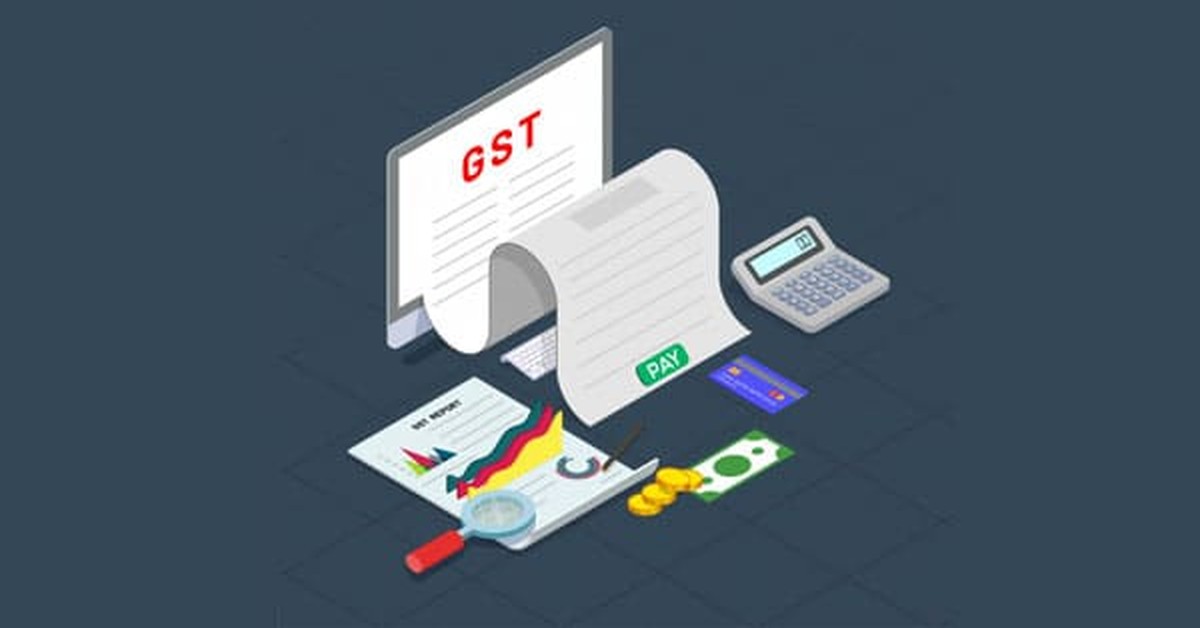Tax evaders, by evading the tax, get an unfair advantage over the genuine tax payers Therefore as a deterrent for tax evasion the provisions for inspection are also required to safeguard Government's legitimate dues. However, these provision are to be exercised, only in exceptional circumstances and as a last resort, to protect the Government Revenue. Therefore, it is evident to note that such provision works for the spirit of law and on the other hand shall not create a hardship for the genuine taxpayers. There may be circumstance which may raise doubt on the genuine taxpayers too in some circumstance may be due to some non-compliance or failure. Referring to the Pre-GST Regime wherein in S. 22 of the Central Excise Act which prescribes fine upto Rs 2,000/- on an officer who conducts vexatious search, inspection etc. is evidently absent in the CGST Act.
'Inspection' is a softer provision than search which enables officers to access any place of business or of a person engaged in transporting goods or who is an owner or an operator of a warehouse or godown.

Who can carry-out Inspection?
Proper officer under the authorization of an officer not below the rank of Joint Commissioner
When an inspection can be carried out?
When he 'has reasons to believe' that
- Suppression of any transaction relating to supply of goods or services or stock in hand;
- Claimed excess input tax credit;
- Contravention of any provisions of the Act or the Rules to evade tax;
- Transporting or keeping goods which escaped
- A person engaged transporting goods or an owner or operator of a warehouse /godown/any other place:
- is keeping goods which have escaped payment of tax; or
- has kept his accounts or goods in such a manner as is likely to cause evasion of tax payable under the law
Therefore, we may conclude that officers can inspect any place of business of the taxable person who has evaded the tax, is attempting to evade the tax, or of the transporter who transported such tax evading goods or godown/warehouse operator in which such tax evading goods or accounts relating thereto has been stored.








 CAclubindia
CAclubindia
